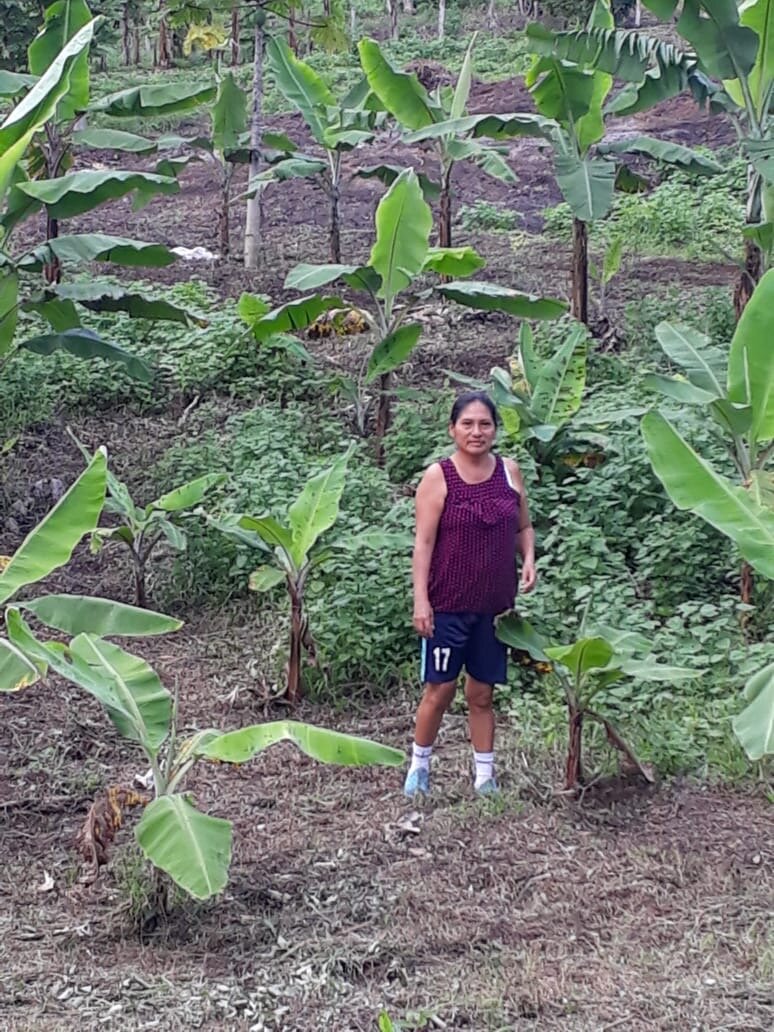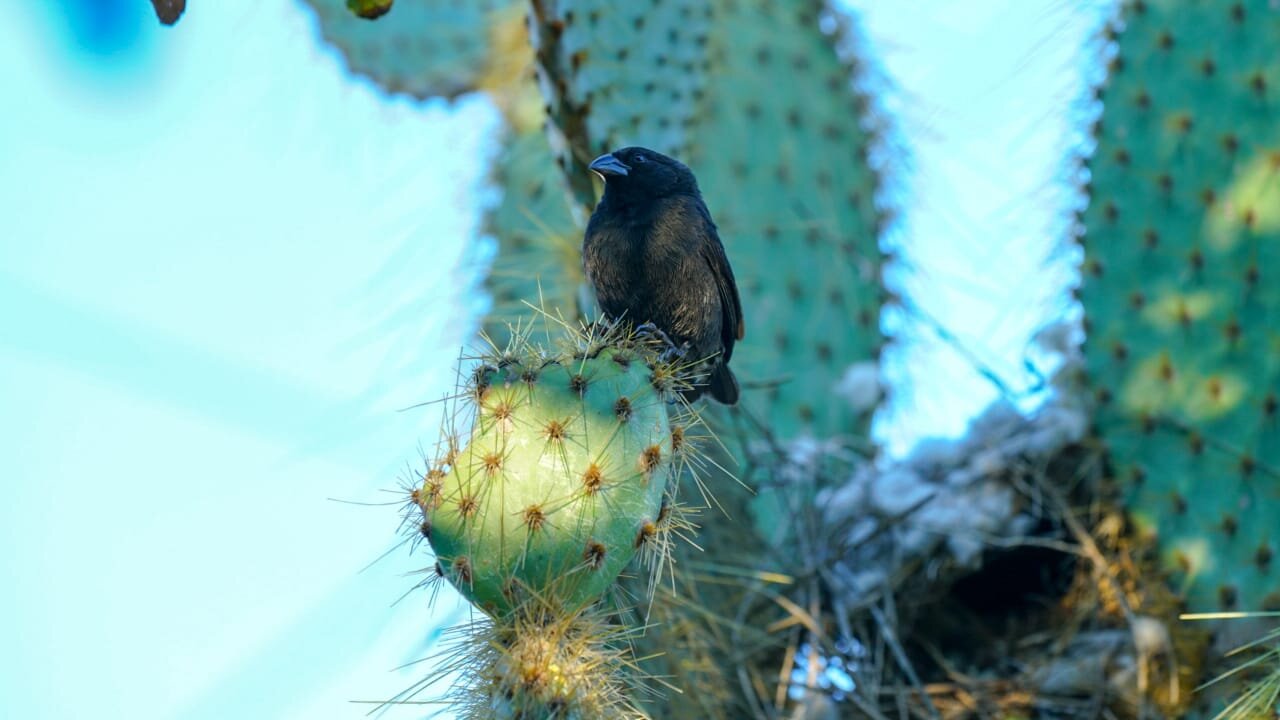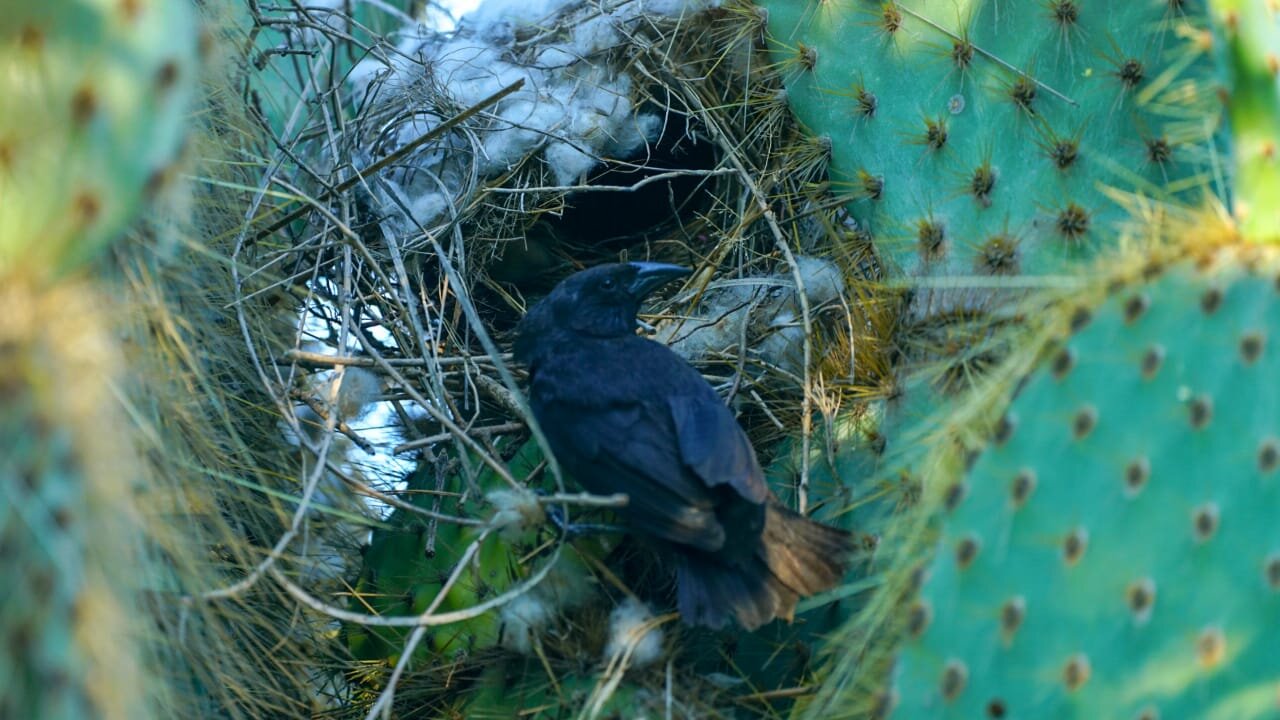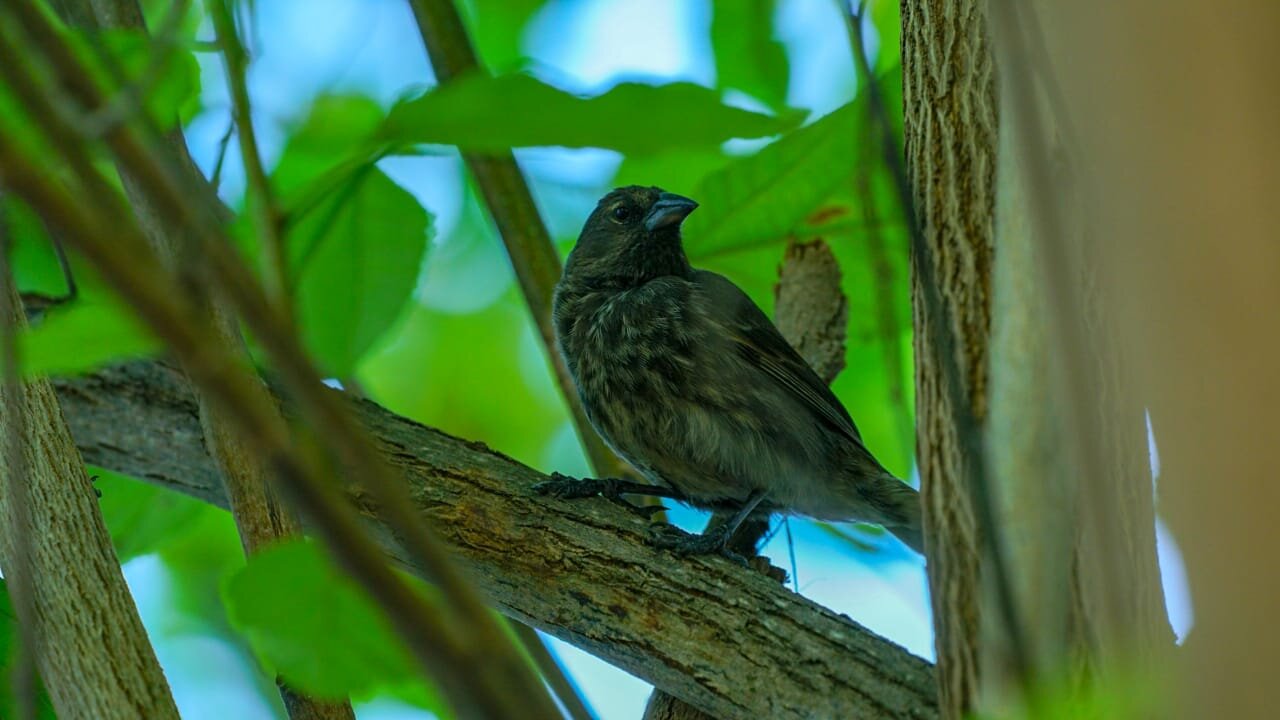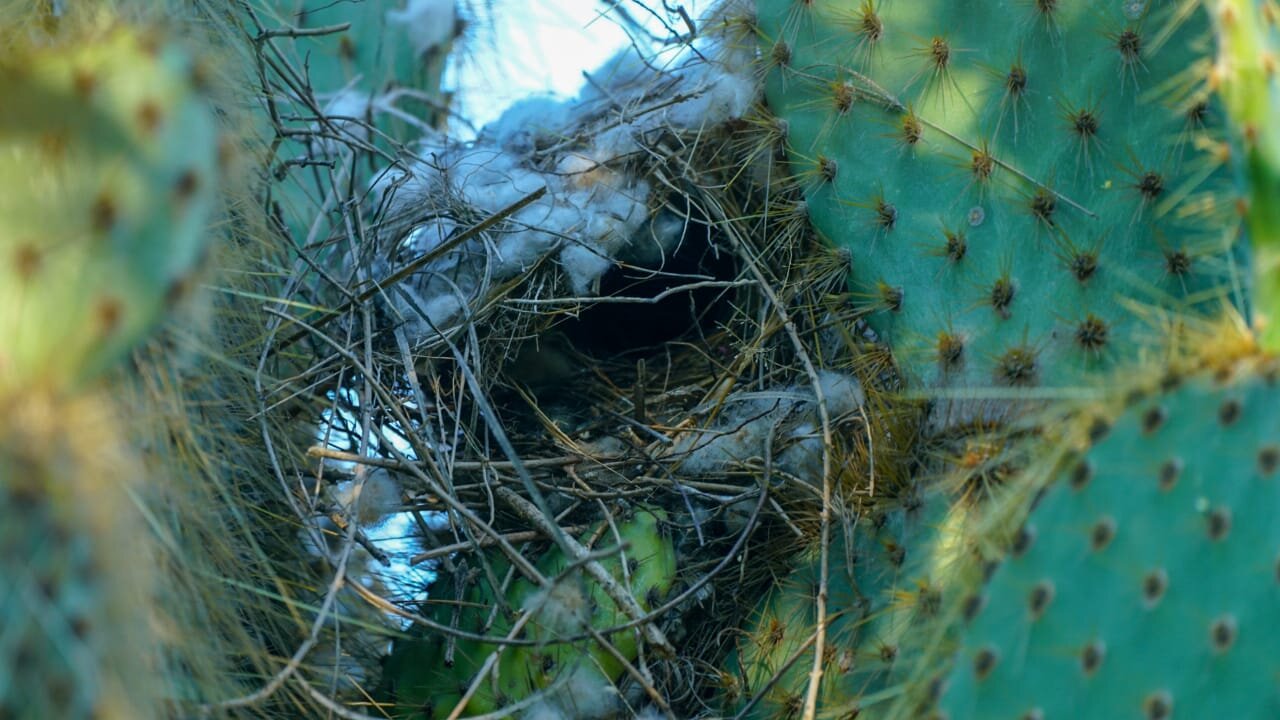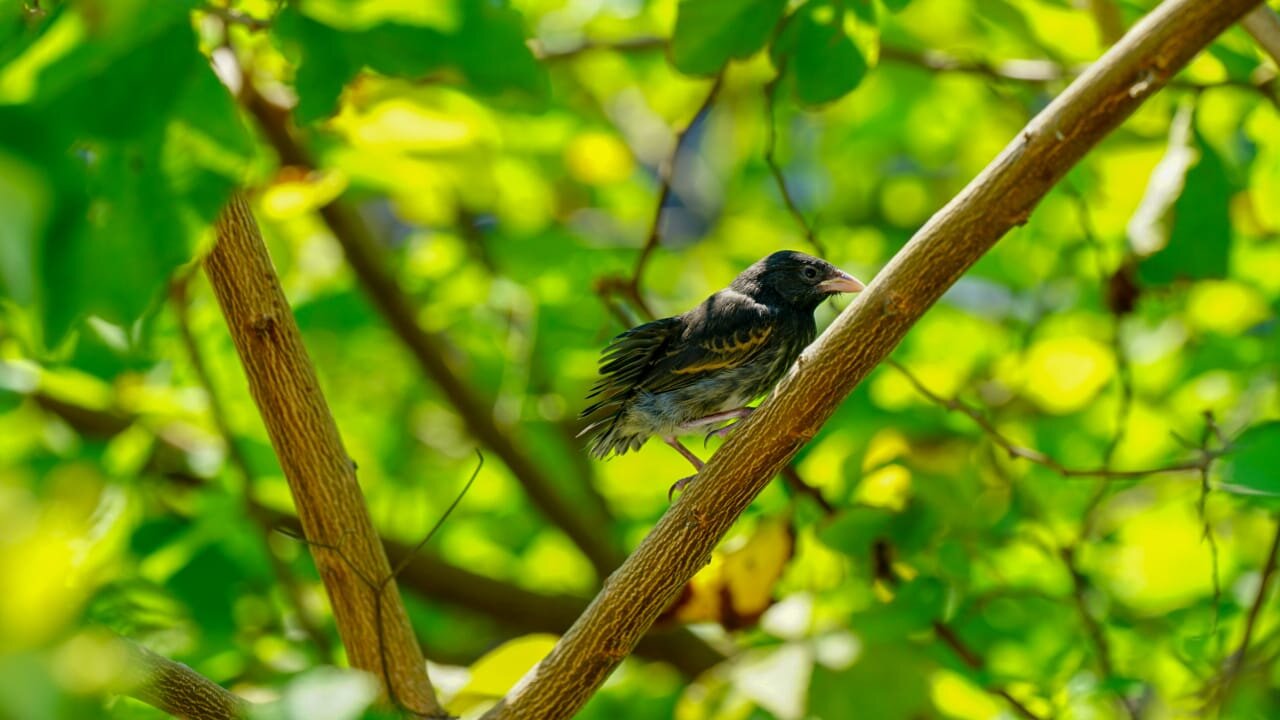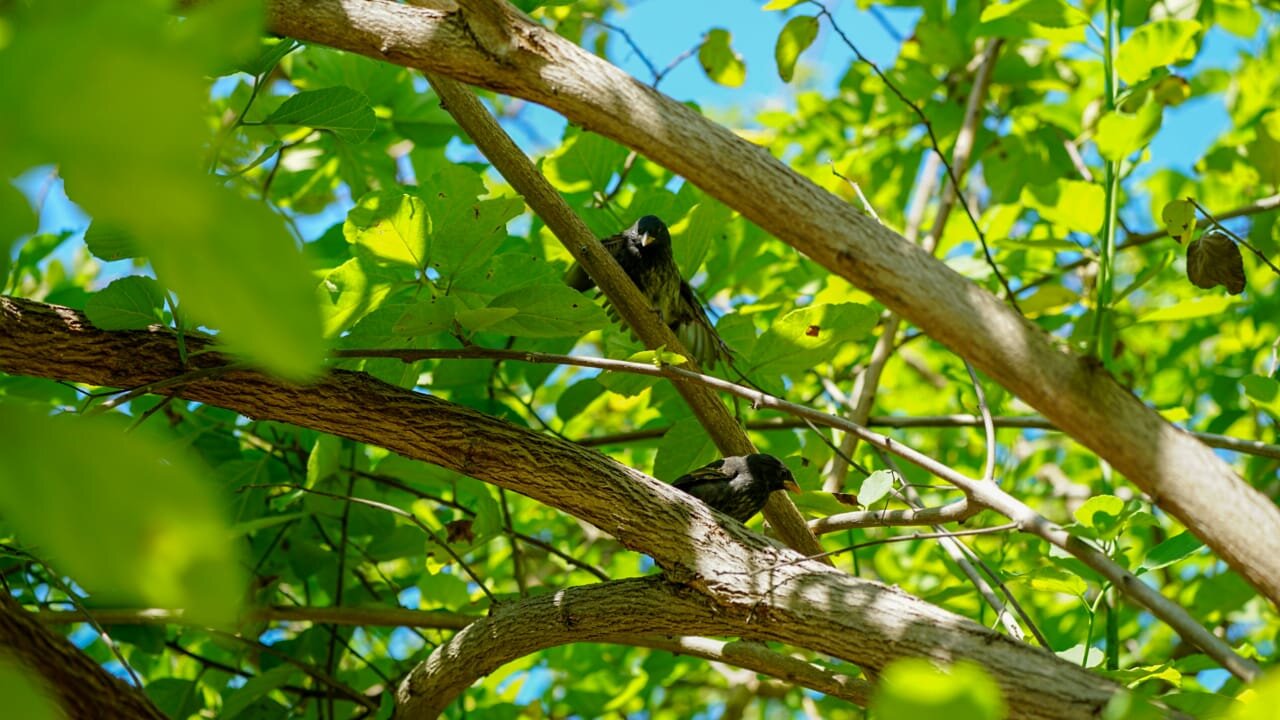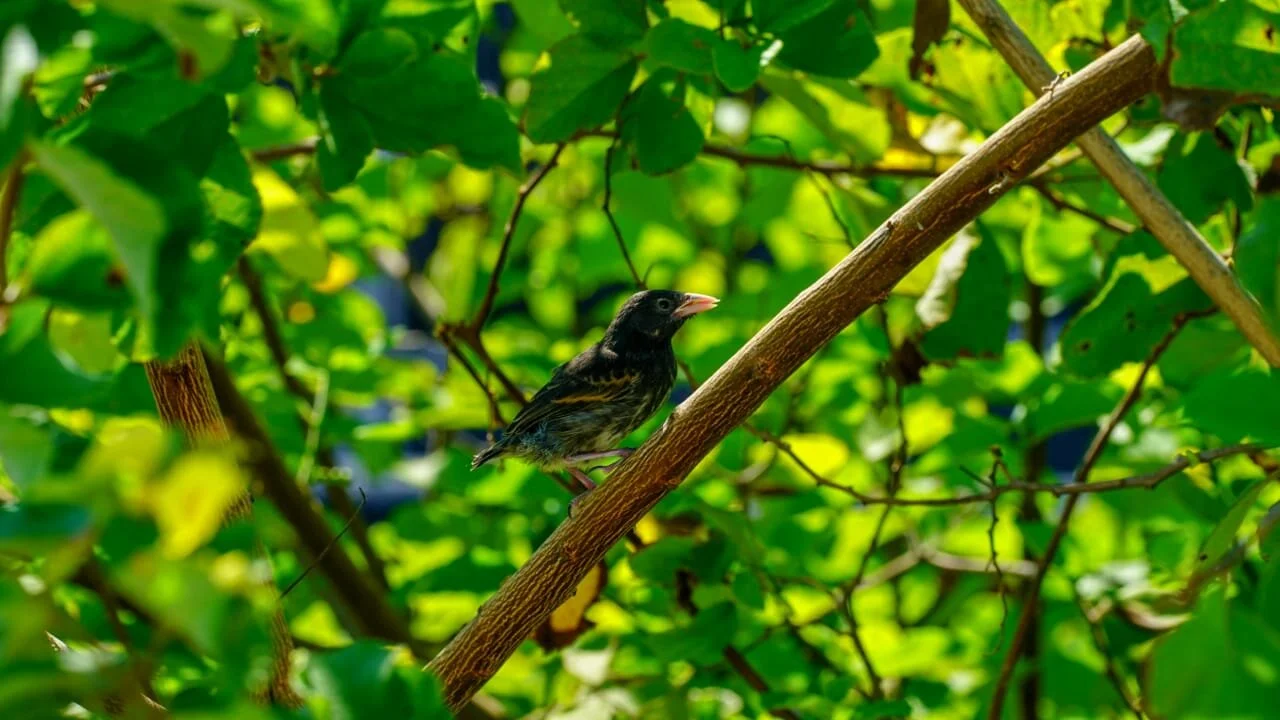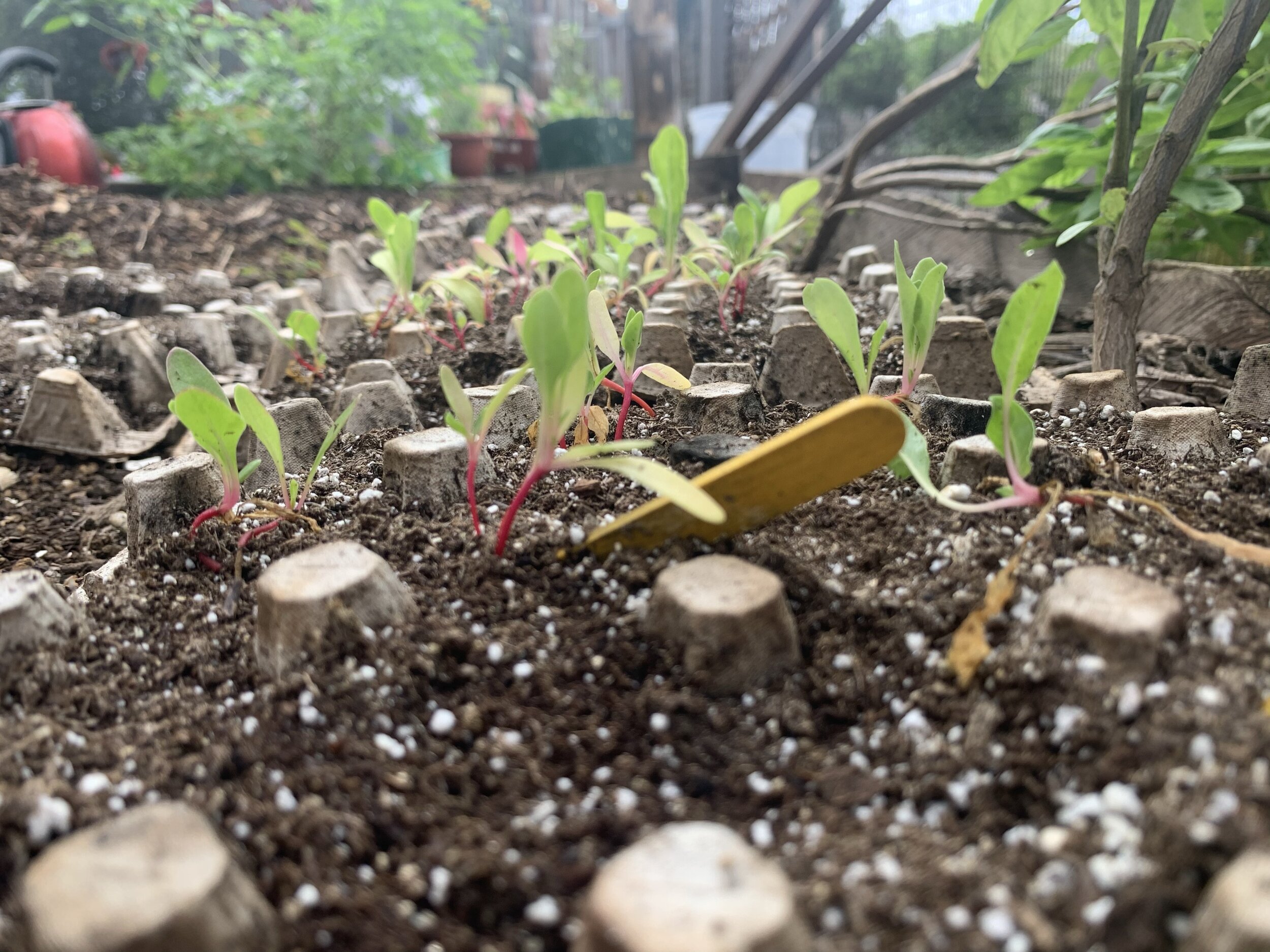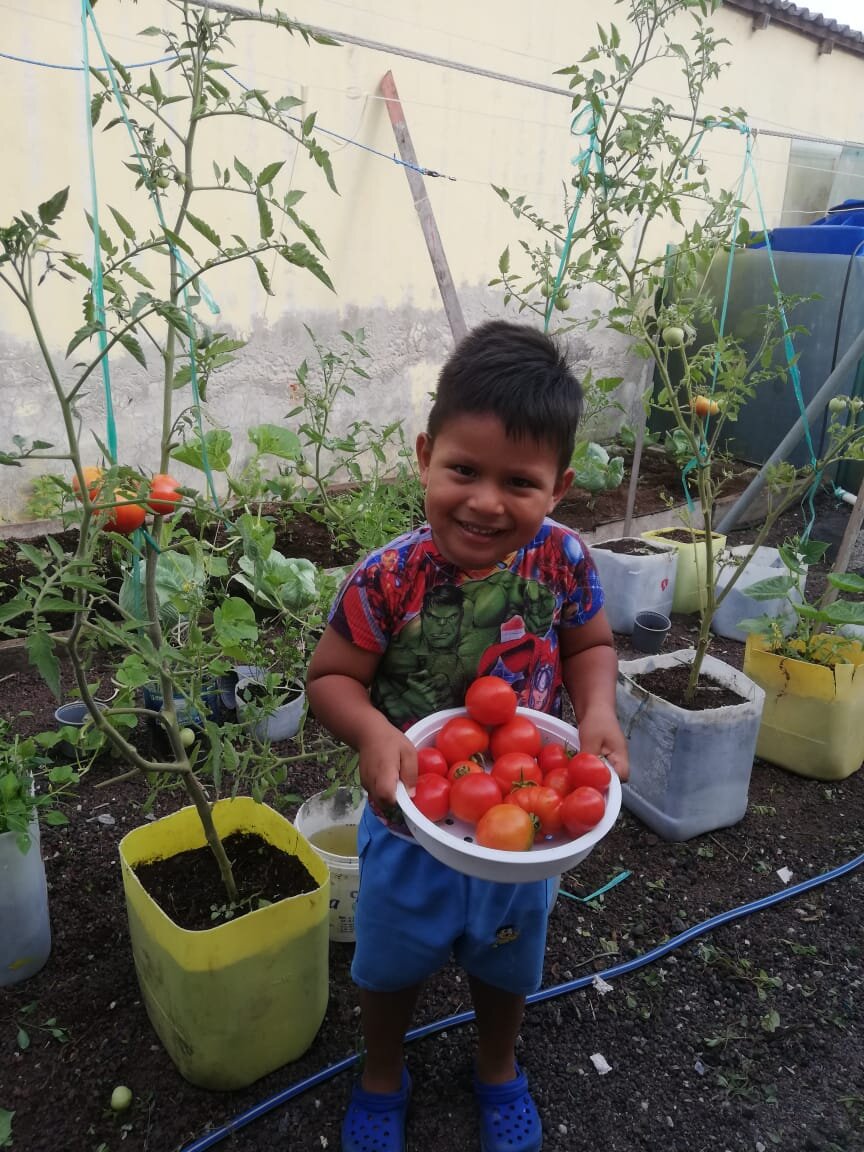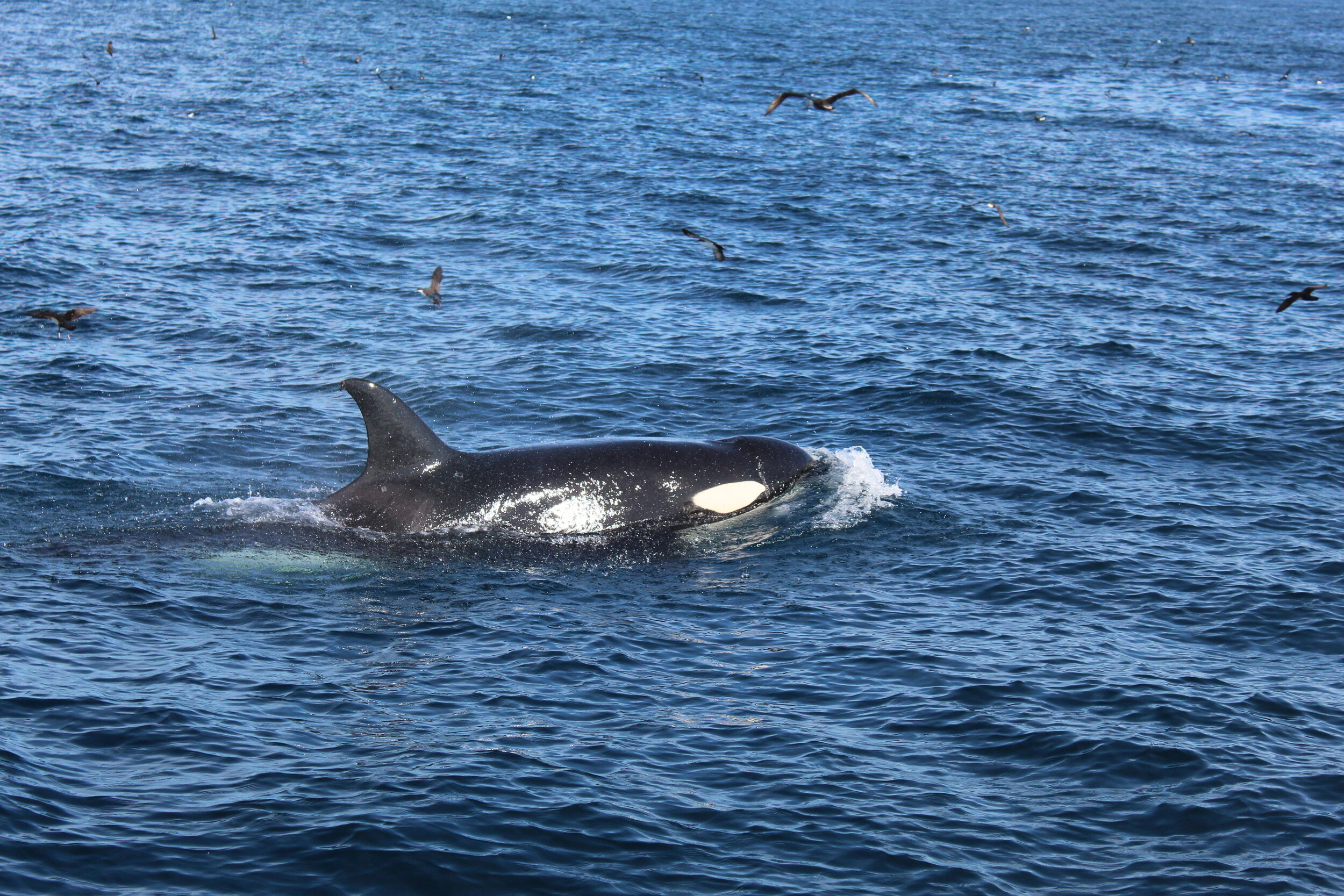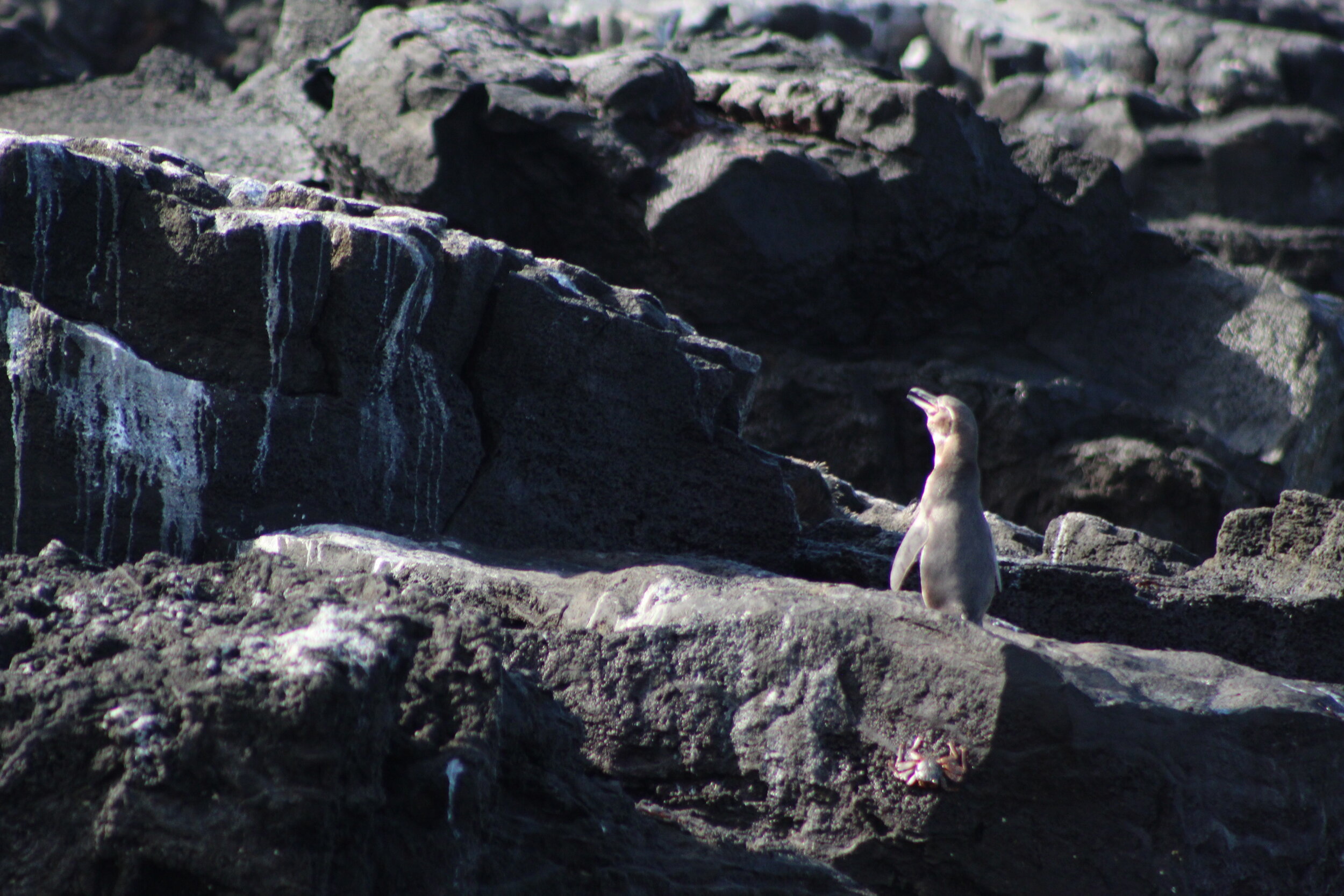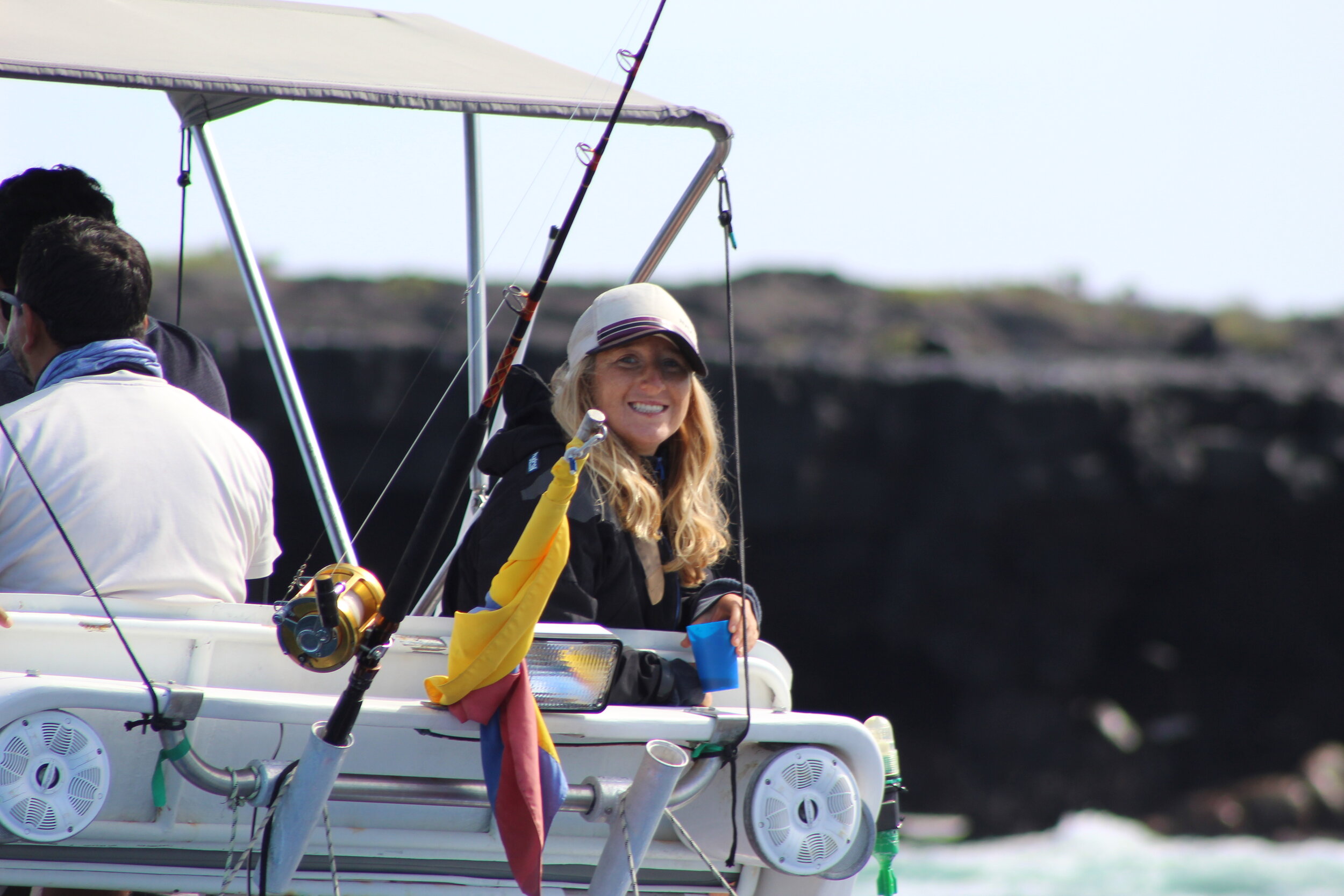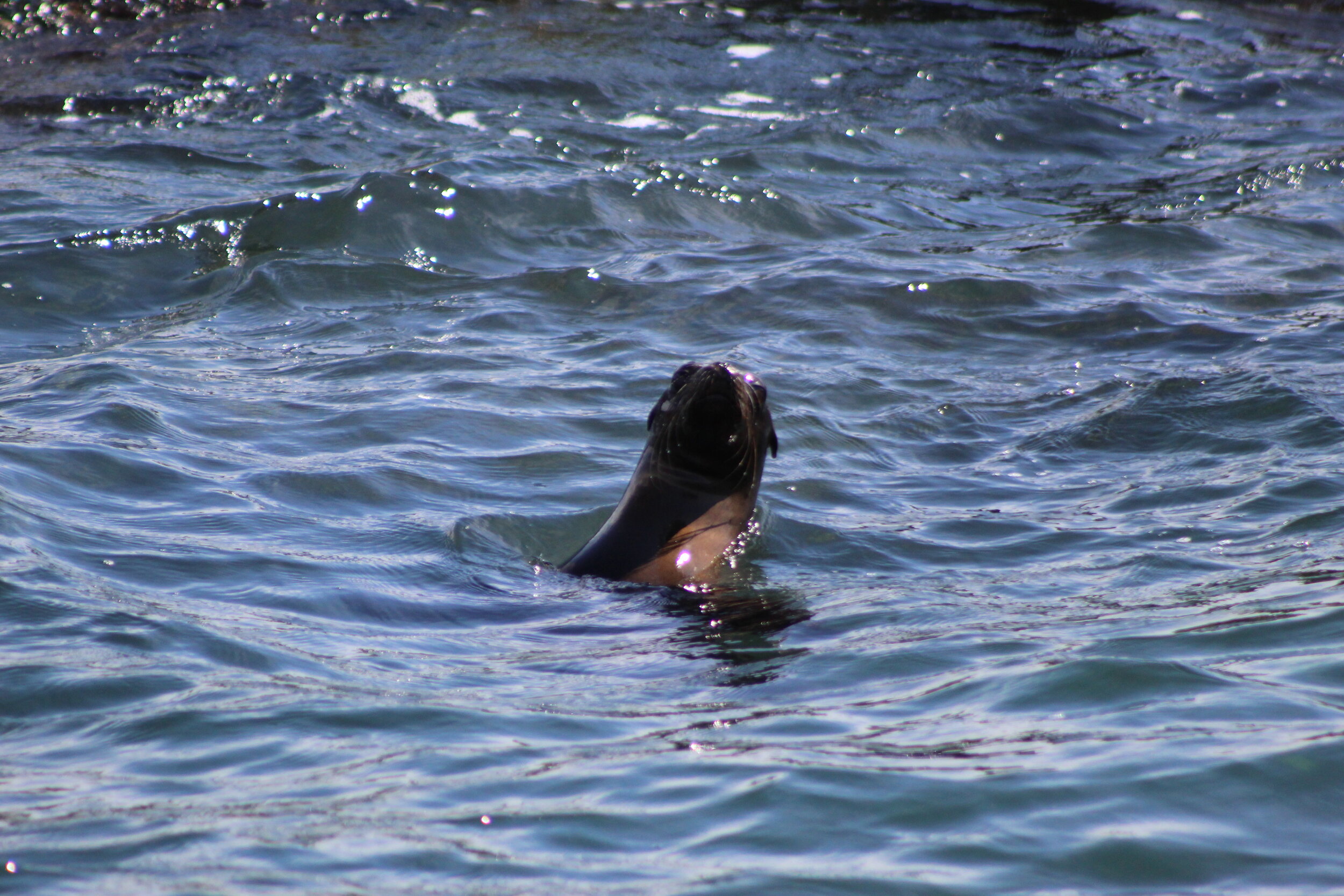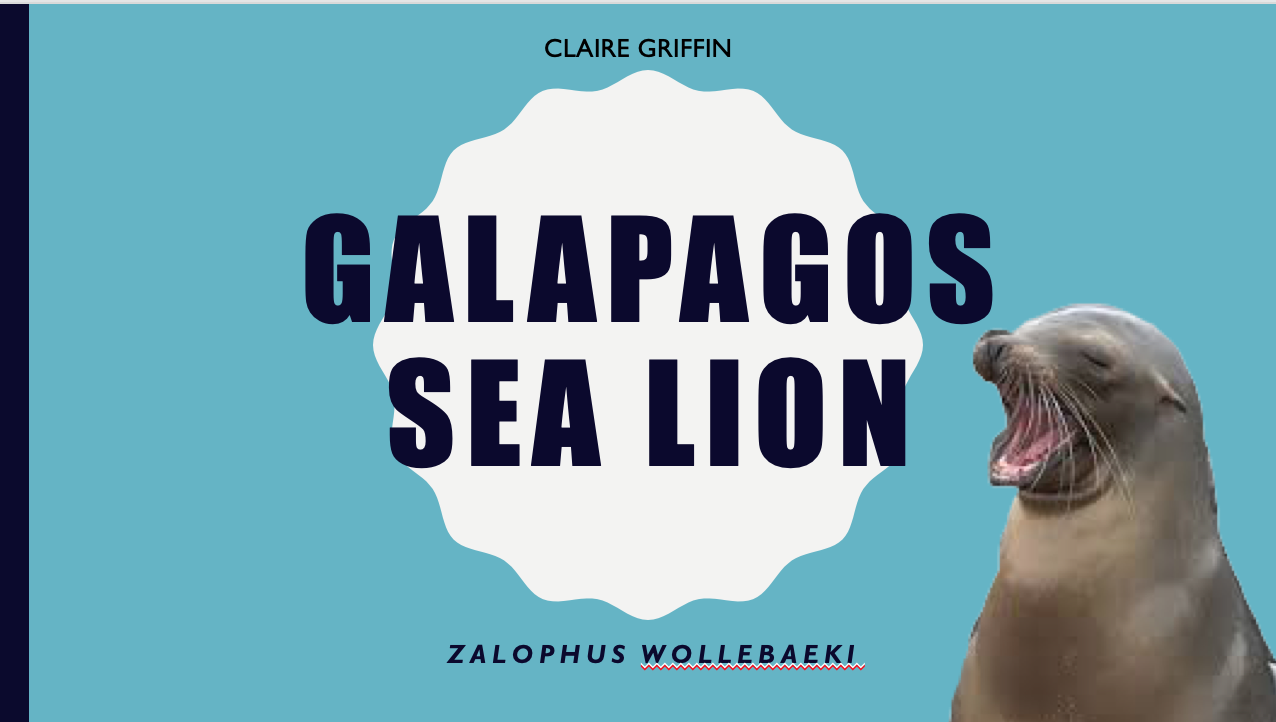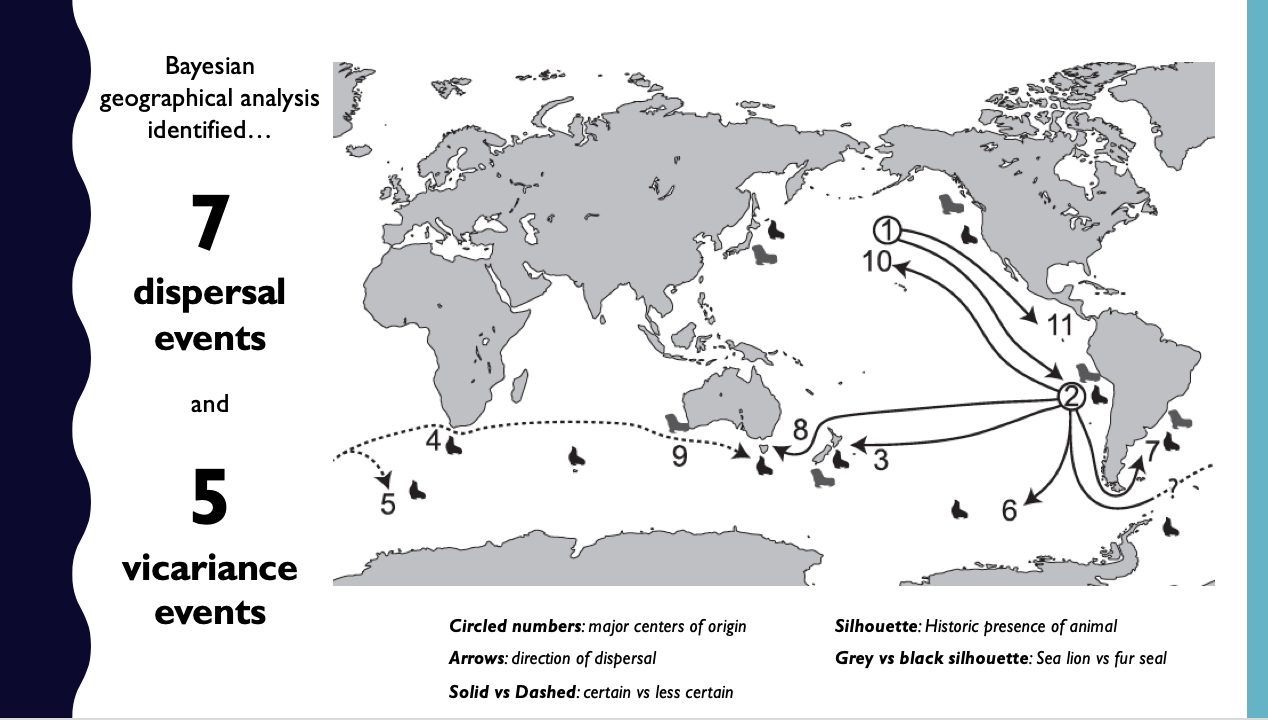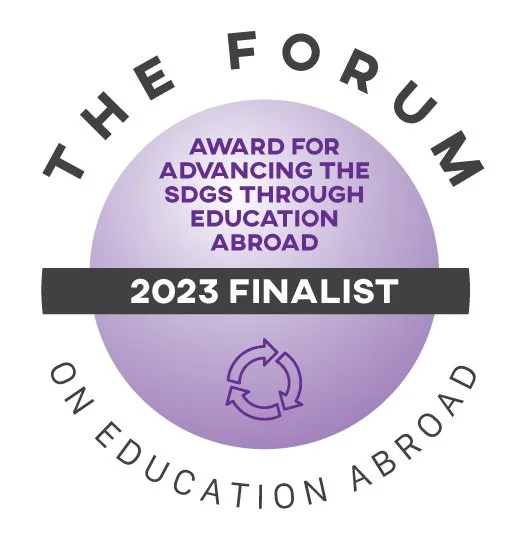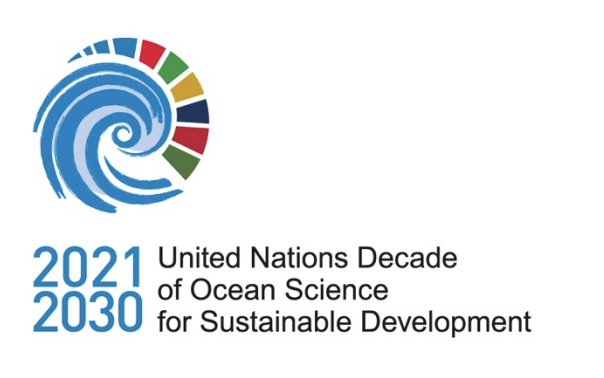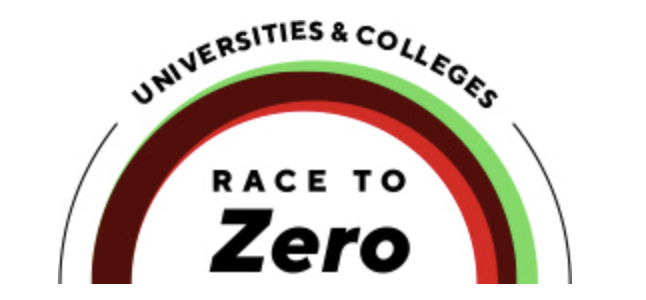By Claire Griffin, Study Abroad Student Fall 2019
Welcome back to IOI’s blog!
Pardon the hiatus in posts; our group is just coming back from a jam-packed fall break, during which my internet connection went from abysmal to nonexistent. But we’re back and better than ever!
Picking up from where we left off, our class with Dr. Drennan ended with some amazing field trips and a number of interesting projects. We spent several days surveying the popular snorkel spot Concha de Perla, using waterproof data tables to document species diversity within the estuary.
We later embarked on a day long boat ride to the remote and beautiful western side of Isabela, where the wildlife was like nothing we had ever seen. Right off the bat, we had the rare and fantastic chance to see Galapagos’ wild orcas. The duo gave us a fantastic show, hunting and breaching amidst a huge flock of birds, and to our delight even came right under the boat to check out the 16 squealing humans on its bow. While topping orcas is near impossible, the day progressed with a number of other magical encounters: Galapagos penguins, flightless cormorants, pelicans, blue footed boobies, frigates, albatross, sea turtles, sea lions, iguanas, and even an elusive Bryde’s Whale!



